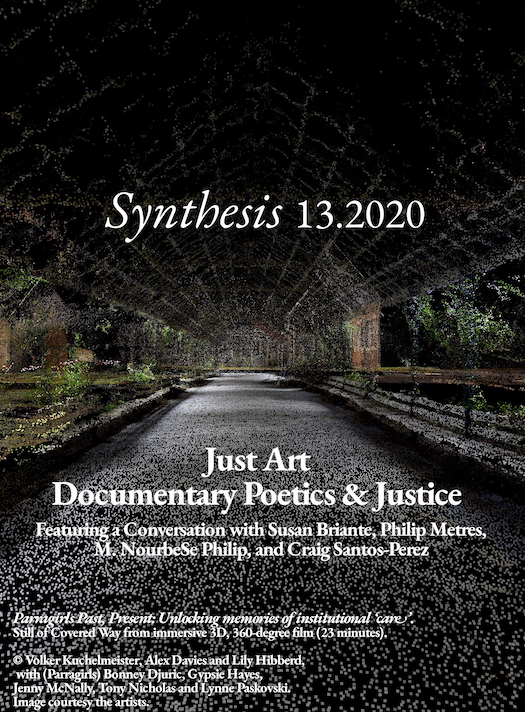Rebalancing the extra-judicial scales: Documentary aesthetics and the legacy of the Central Park Five

Abstract
The Central Park jogger case has returned to news headlines with the 2019 Netflix mini-series When They See Us, a dramatised account of the original trials. It has reignited debate over the injustices faced by the Black community in the United States, and led to lawsuits and job resignations on the part of former police investigators and prosecutors. Since the case’s inception, issues of race, media reporting, economics, and the identity of New York City have influenced the trial and its aftermath and have inspired documentaries, books, and the landmark 1990 essay “Sentimental Journeys” by Joan Didion. In this article, I argue that the creators of two of these works, by testing the boundaries of narrative, demonstrate that the case was inexorably tainted by a pervasive feeling of social precarity and racial prejudice which cost five young men several years of their lives, and offer a productive line of enquiry for acknowledging such factors and their influence, if not resolving them.
Article Details
- Section
- Articles

This work is licensed under a Creative Commons Attribution 4.0 International License.
The copyright for articles in this journal is retained by the author(s), with first publication rights granted to the journal. By virtue of their appearance in this open access journal, articles are free to use with proper attribution. Synthesis retains the worldwide right to reproduce, display, distribute, and use published articles in all formats and media, either separately or as part of collective works for the full term of copyright. This includes but is not limited to the right to publish articles in an issue of the Journal, copy and distribute individual reprints of the articles, authorize reproduction of articles in their entirety, and authorize reproduction and distribution of articles or abstracts thereof by means of computerized retrieval systems.



